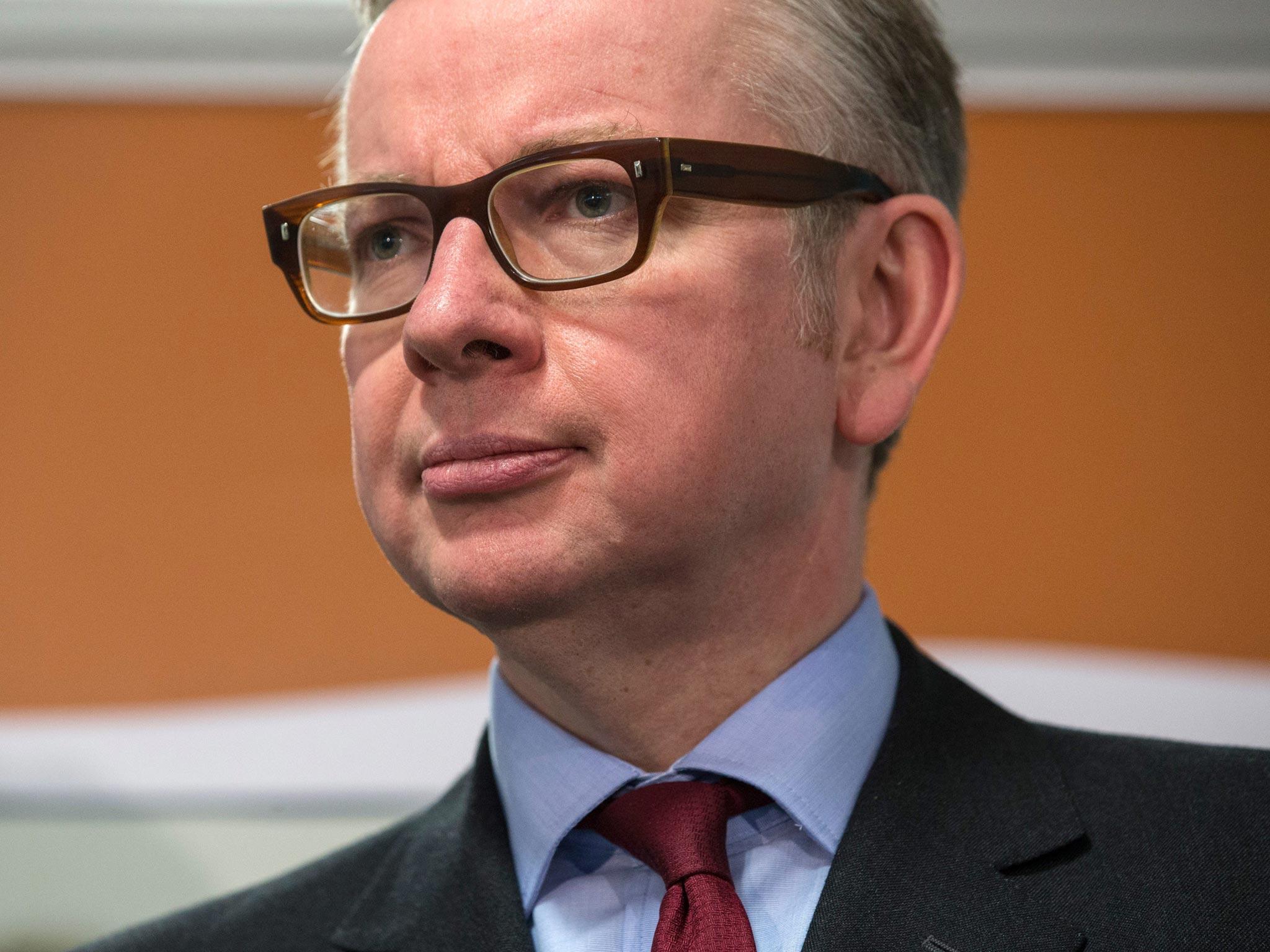The real reason that we don‘t trust experts anymore
Knowing stuff isn’t enough – we need to stop blaming the public for not listening to experts and give a stern talking-to to the experts themselves

Your support helps us to tell the story
From reproductive rights to climate change to Big Tech, The Independent is on the ground when the story is developing. Whether it's investigating the financials of Elon Musk's pro-Trump PAC or producing our latest documentary, 'The A Word', which shines a light on the American women fighting for reproductive rights, we know how important it is to parse out the facts from the messaging.
At such a critical moment in US history, we need reporters on the ground. Your donation allows us to keep sending journalists to speak to both sides of the story.
The Independent is trusted by Americans across the entire political spectrum. And unlike many other quality news outlets, we choose not to lock Americans out of our reporting and analysis with paywalls. We believe quality journalism should be available to everyone, paid for by those who can afford it.
Your support makes all the difference.Politicians including Michael Gove and Donald Trump have repeatedly asserted that people have “had enough” of experts. This troubles me deeply; the sentiment is contributing to major shifts in our political landscape. But it also leads me to ask why people don’t trust experts.
Better yet, why do people trust some experts but reject others? Why do many people on the one hand seek medical experts for medical issues, but distrust climate experts for climate issues, or economic experts for economic issues?
Luckily for us, there is some scientific research on the issue – if you trust that sort of thing.
In a study published in 2015, psychological scientist Friederike Hendriks and her colleagues at the University of Muenster in Germany coined the term “epistemic trustworthiness”. Epistemic trustworthiness refers to our decision to place trust in, and listen to, an expert when we need to solve a problem that is beyond our understanding.
The authors argue that for an expert to be high on epistemic trustworthiness they need three characteristics: expertise, integrity and benevolence. In other words, knowing stuff isn’t enough. For us to rate a person as a trustworthy expert they need to know their information, to be honest and to be good-hearted.
This is problematic when we live in a world in which the idea persists that experts are mad geniuses with no moral compass who constantly need their egos stroked. As it turns out, most of us don’t trust people we believe to be narcissistic psychopathic geniuses.
But where does this idea come from? From my own experience with experts, and being one myself, I think that one reason we seem so untrustworthy and self-centered is because of how we speak.
To many people expertise is a foreign language. Take the term “epistemic”, for example; a term so unintuitive that it may as well be the name of an extinct frog. A linguistics expert might tell us, “this term isn’t difficult, the etymology is obviously from epistemology” – to which I would reply, “and you are part of the problem.”
When experts talk, they often fill the air with complicated words and unintelligible acronyms. Experts seem to want non-experts to rise to their level of sophistication, rather than approaching non-experts with appropriate language.
As an expert on memory, I am sometimes guilty of this myself. I really like uncommon words, despite knowing this can scare people away from engaging with the material I present. Even in my new book, The Memory Illusion, where I waffle on about how important it is to explain things in plain English, on the very first page of the introduction I use the word “parsimony”.
In my university lectures and books I consider using precise and elegant words part of the educational experience. However, using words and phrases that most people don’t understand in everyday conversation and through the media can be seen as an elitist attempt to assert intellectual dominance. In this time of crisis and expert shaming, we need to stop blaming the public for not listening to experts and give a stern talking to the experts themselves.
Experts need to demonstrate that they are good, honest people who have the public’s best interest at heart. This is easier for some; it’s simple to see how medical experts help others, but much harder with climate scientists who we may only be able to properly thank when Amsterdam isn’t underwater 50 years hence.
But maybe there is hope for us yet. An online poll conducted by YouGov found that “in times like these”, during the post-Brexit blues, people in the UK trust academics and experts considerably more than family, friends or business leaders.
So experts: if you want to gain the public’s trust, step away from the jargon.
Dr Julia Shaw is a senior lecturer at London South Bank University. She is the author of ‘The Memory Illusion: Remembering, Forgetting, and the Science of False Memory’
Join our commenting forum
Join thought-provoking conversations, follow other Independent readers and see their replies
Comments